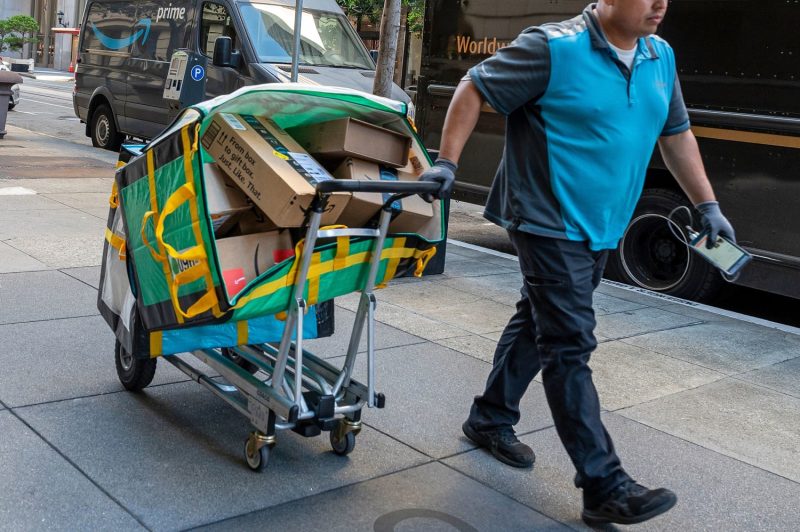Amazon Faces Legal Action for Alleged Discrimination in Delivery Service
The recent lawsuit filed by the Attorney General of Washington, D.C., against retail giant Amazon has brought to light accusations of discrimination in the company’s Prime delivery service. The lawsuit alleges that Amazon has systematically excluded certain neighborhoods, primarily in communities of color, from receiving the benefits of its Prime service. This has raised concerns about potential violations of consumer protection laws and discrimination based on race and income.
The issue of access to essential services, such as fast and reliable delivery, has been a growing concern in communities that are often marginalized or underserved. Amazon’s Prime service has long been advertised as a convenient and efficient way for customers to receive their orders quickly, often within one or two days. However, the exclusion of certain neighborhoods from this service has raised questions about equity and fairness in the company’s operations.
The lawsuit points to data analysis that suggests Amazon deliberately avoided providing Prime service to predominantly Black and Latino neighborhoods, while favoring wealthier, predominantly white neighborhoods. This alleged practice has reinforced existing disparities in access to goods and services, further widening the economic and social divide.
Amazon’s response to these allegations will be crucial in determining the outcome of the legal action. The company has stated that it is committed to providing reliable and convenient delivery options to all customers, regardless of their location or background. However, the evidence presented in the lawsuit suggests a pattern of exclusion that cannot be ignored.
In addition to the legal implications, this case raises broader questions about corporate responsibility and the role of technology in perpetuating or challenging systemic inequalities. As more aspects of our daily lives are shaped by digital platforms and online services, it is essential to ensure that these tools are used in a way that promotes fairness and equal opportunity for all.
Ultimately, the outcome of this lawsuit will have implications not only for Amazon but also for other companies in the e-commerce and technology sectors. It serves as a reminder that ensuring equitable access to services and opportunities is a shared responsibility that requires proactive measures to address existing disparities and prevent further discrimination.
